Apple needs an AI-powered folding iPhone to stem its decline in China, says Kuo
Last updated
Analyst Ming-Chi Kuo says that Apple has cut its iPhone component orders by 15% year over year, as users in China increasingly prefer AI and foldable smartphones from Huawei.
It has already been repeatedly reported that iPhone sales have dropped sharply in China, although there have been signs of recovery. Tim Cook tried spinning the decline as a consequence of worldwide economics, but now Ming-Chi Kuo says there are specific factors that are not going to be fixed by the iPhone 16.
2024 iPhone shipments likely to decline significantly by about 15% YoY due to structural challenges / iPhone 202415% YoYhttps://t.co/MKL4B67IvY
— (Ming-Chi Kuo) (@mingchikuo) January 30, 2024
In his full blog post, Kuo says his claims are based on a supply chain survey that shows Apple has cut orders of key components by 15% YoY to around 200 million units. He says that "Apple may have the most significant decline among the major global mobile phone brands in 2024."
According to his estimates, the iPhone 15 range will turn out to be down 10% in 1H24, compared to the iPhone 14 in 1H23. But then he expects the iPhone 16 to do worse, declining 15% in 2H24, compared to the iPhone 15's launch period in 2H23.
Kuo says that Apple is facing "structural changes," by which he means significant shifts in what manufacturers are producing, and what buyers want from smartphones. Saying that weekly iPhone shipments in China have declined by between 30% and 40% over an unspecified number of "recent weeks," he predicts these structural changes will mean the downward trend will continue.
Chief among the changes in the smartphone industry is the reportedly increased interest in folding phones by buyers in China. Kuo has no specific figures, but claims that foldable phones "have gradually become the first choice for high-end users in the Chinese market."
Apple has long been reported to be working on an iPhone Fold, but the latest rumors say the earliest it will now release one is 2027. Kuo agrees that there will not be any iPhones with significant design changes in 2024, but there may be in 2025.
He's not expecting an iPhone fold then, though. Instead, he believes that's when Apple will be able to produce an iPhone with hardware features to help with AI.
A last problem for Apple, and another one that it can't immediately address, is the rebirth of Huawei. The local Chinese brand once looked to be finished after a US blacklist limited its ability to buy key components.
At that point in 2021, Apple saw a significant rise in its iPhone 13 sales because of Huawei's troubles. Now that the firm is back, however, it is regaining popularity in China — and it is already selling both foldable and AI phones.
Separately, Huawei has also been a problem for Apple over its Apple Vision Pro headset, as it owns a trademark on the words "Vision Pro" in China. Apple obviously expects to surmount this issue because Tim Cook has stated that the headset will be released in China later in 2024, and Kuo also believes an international rollout is coming shortly.
 William Gallagher
William Gallagher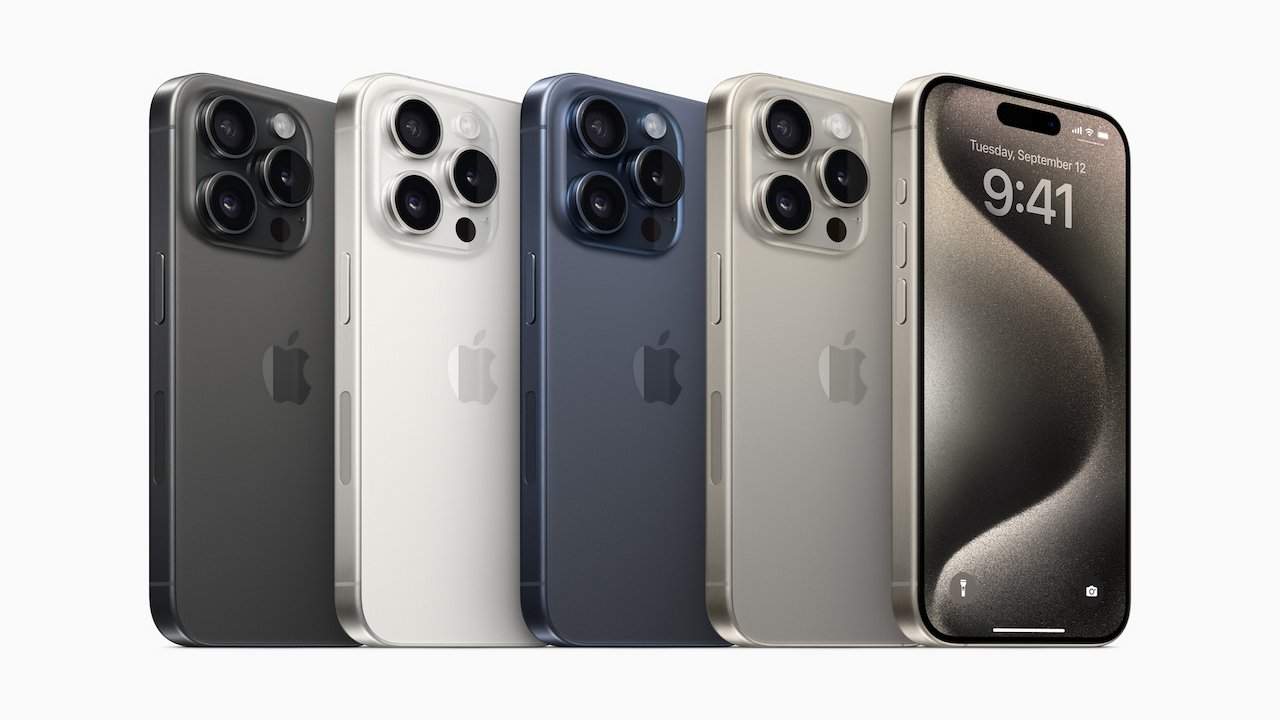



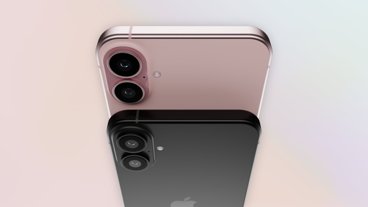

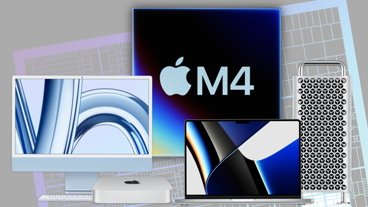







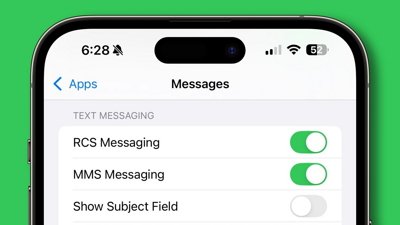
 Marko Zivkovic
Marko Zivkovic
 Wesley Hilliard
Wesley Hilliard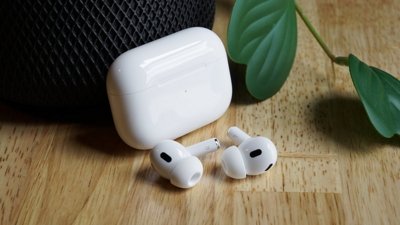

 Amber Neely
Amber Neely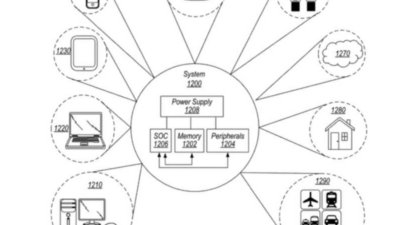
 David Schloss
David Schloss

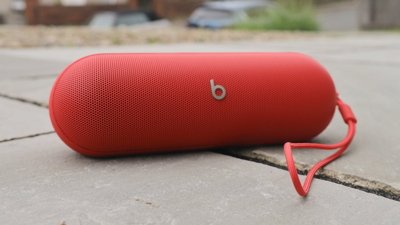
 Malcolm Owen
Malcolm Owen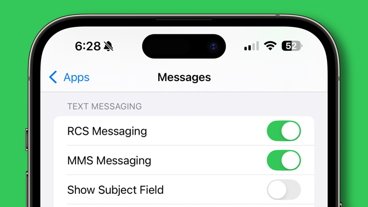
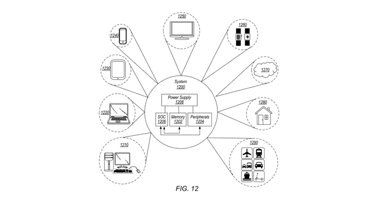

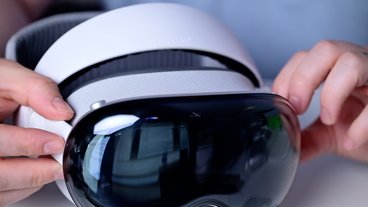


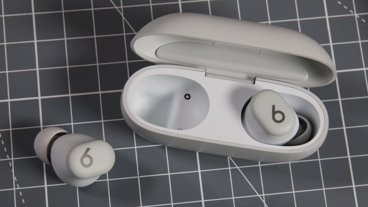


10 Comments
So does this mean that phone screens will go from glass back to plastic?
In reality, folding phones do use glass. It's just so thin (in order to bend) that plastic coatings or laminates are added to protect the glass.
My slab phone came with plastic screen protector pre-applied at the factory.
With the heat, humidity and sweat from where I live, and after nearly three years, it began to 'slip' just a little but enough for the pinhole cutout on the protector to impact the view from the front facing camera so I peeled it off and stayed with the glass.
I can't tell the difference between the two surfaces. Perhaps that sensation would be different in a colder climate but here, I can't tell.
That's absolutely the last thing Apple needs. Every electronic shop that I visit has the Samsung Foldable collecting dust. No one is buying and no one needs it.
Apple needs Apple servers and big screen iMacs more........